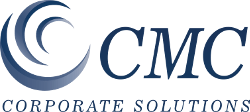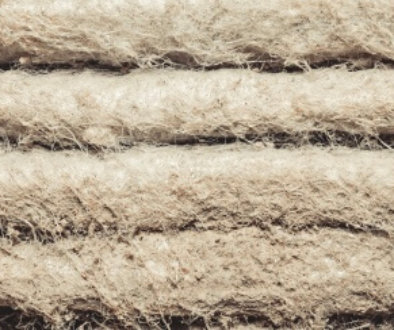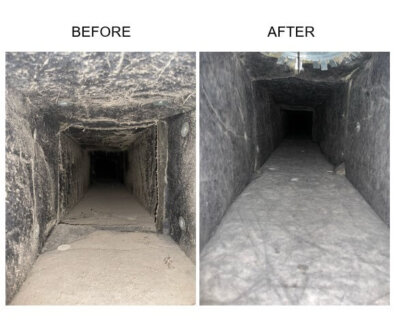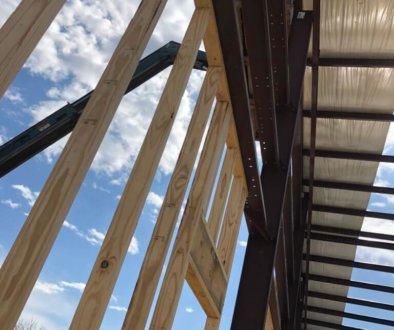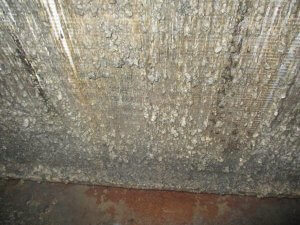 HVAC systems are used to heat and cool your homes, offices, and other commercial buildings for comfort and quality indoor air circulation. However, lack of regular maintenance results in dirt and dust accumulation in the loops of the coil reducing their efficiency. The collection of contaminants, biological pollutants such as pollen and spores insulates the coil hindering its optimal performance. Besides, the amassing of condensation and dirt on the evaporator coils creates a breeding ground for microorganisms, and regular maintenance is, therefore, necessary to ensure that your HVAC system performs efficiently.
HVAC systems are used to heat and cool your homes, offices, and other commercial buildings for comfort and quality indoor air circulation. However, lack of regular maintenance results in dirt and dust accumulation in the loops of the coil reducing their efficiency. The collection of contaminants, biological pollutants such as pollen and spores insulates the coil hindering its optimal performance. Besides, the amassing of condensation and dirt on the evaporator coils creates a breeding ground for microorganisms, and regular maintenance is, therefore, necessary to ensure that your HVAC system performs efficiently.
HVAC Coil maintenance procedure
Although you can clean your HVAC by yourself, hiring an expert to ensure that things are done right and you’re covered in case things go wrong. However, to make sure that you are safe, ensure that your commercial service provider is trained, insured, licensed, and equipped to take you through this process.
- First, the HVAC should be switched off and disconnect from any power source.
- The outer case should be removed using a screw or nut drivers to loosen the access panels.
- If the unit is constructed with a fan assembly at the top, it should be carefully removed without damaging or stretching any wires.
- The motor, shaft, and fan blades need to be cleaned and lubricated if required.
- The AC coil surfaces are cleaned with a soft cloth or brush.
- Trapped dirt in the coils is sprayed off or cleaned using the procedure below for about 10-15 minutes. Ensure the wires and the motor are covered.
- The cleaner and buildup is dislodged from the surface by spraying rinse water from the inside of the system.
- In case of damaged or bent coil fins, a coil brush or comb is used to straighten them. Be very careful the thin fins can rip easily.
- Reassemble the HVAC parts.
Methods of HVAC Coil maintenance
Commercial HVAC professionals have the necessary skills and knowledge to determine which method best suits your system. However, the most common methods include
Water and Mild Detergents
This is the safest for the environment as well as your equipment. Industrial clears can corrode the fins and coil making the system fail prematurely.
Water is mixed with soap in a spray bottle. The solution is then applied to the evaporator coils and allowed to soak in. The loose material is then wiped off with a cloth or brush.
Industrial Cleaners
This is not the recommended method of keeping your coils clean. These harsh chemicals are not good for your equipment and they are not good for the environments. If you have regular maintenance on your system and your service provider uses this method, keep a close eye on the condition of your coils, they can deteriorate quickly.
These cleaners come with procedure and safety precautions from the manufacturer. The soap is sprayed on the coils as per manufacturer’s instructions. The resulting chemical action allows the accumulated foam and the dirt to drain away. You can reapply the cleaner if need be.
Industrial cleaners are only needed if the system has been neglected or operates in an extreme environment.
Compressed air
The light debris on the coil surfaces is blown away using compressed air. The air is blown from the cleaner to the dirty side. The airflow should be steady to avoid damaging the fins and consistent to prevent dislodging the dirt further into the system.
Advantages of commercial HVAC coil maintenance
- Makes the home more comfortable and improves indoor air quality.
- Reduces wastage of energy – a dirty coil cannot supply heat fast increasing energy consumption.
- Reduces chances of equipment failure- clean coils reduce temperatures and pressures that break down the lubricant in the compressors.
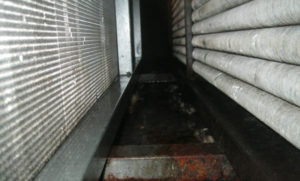
- Prevents costly repairs that result from compressor or equipment failure
- Ensures that your HVAC system stands the test of time
In conclusion, regular maintenance ensures that HVAC systems achieve optimal performance. This, in turn, furnishes us with the comfort we need while saving on costs.
